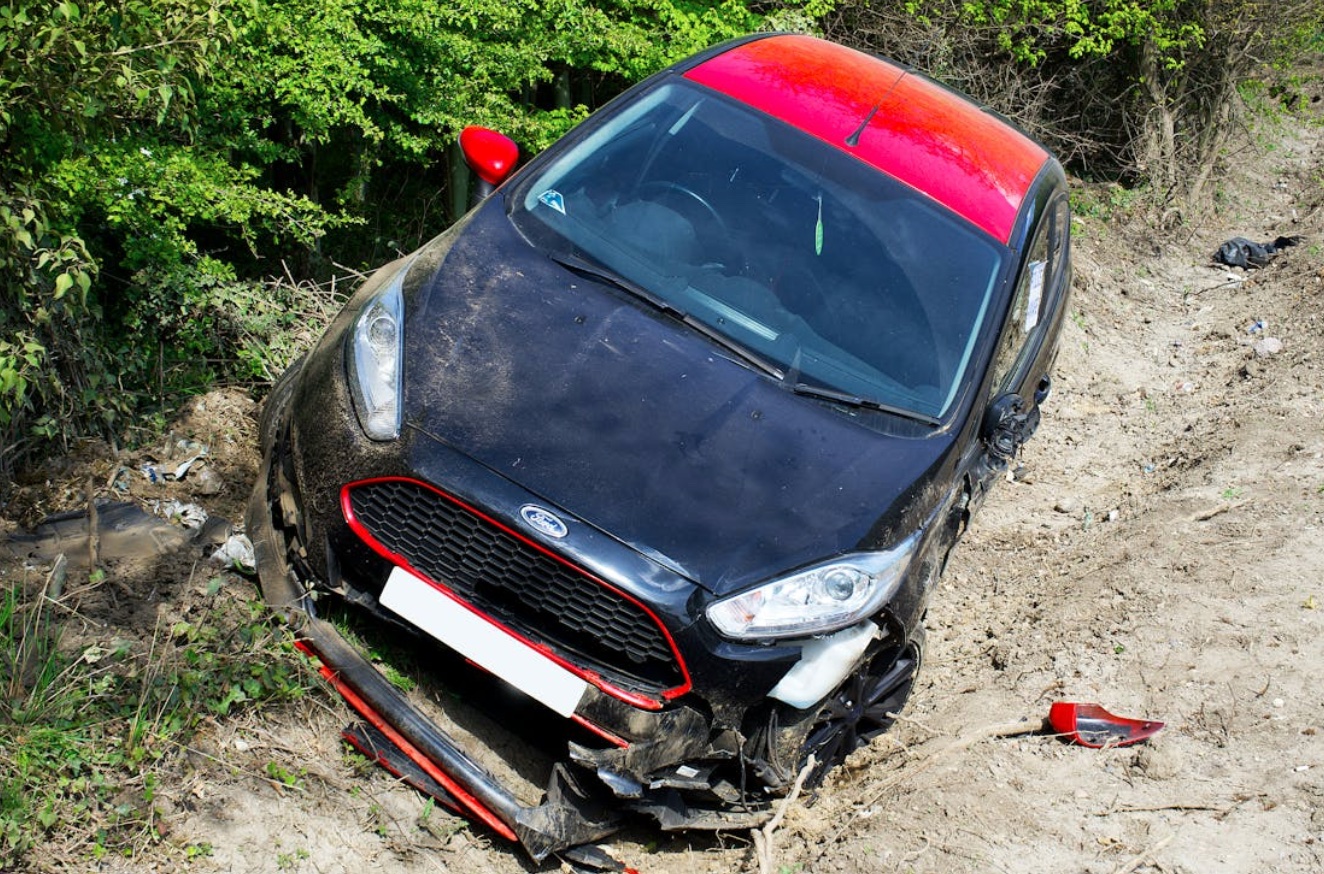The state you live in can significantly affect the eligibility and success of your lawsuit. If you share fault in the accident or live in a no-fault state, it may be difficult for you to receive compensation in some areas.
Speeding and distracted driving are the most prevalent causes of car accidents in the United States. When another driver is distracted and hits you, it can cause serious injuries, financial distress, emotional harm, and even death. In many cases, you can recover some of the economic costs from missed wages, medical expenses, and car repairs through insurance. Still, you may want to hire an attorney to file a lawsuit for additional compensation. The eligibility of your case depends on many factors, including where you had the accident. Reporting, insurance, and compensation laws can vary greatly from state to state. To get started, you’ll want to get a basic idea of how these laws differ when it comes to reporting accidents and filing claims.
Reporting Accidents
When you get into an accident, you’re going to want to report it to law enforcement even if you don’t have any injuries or vehicular damage. Some states, like Maryland, only require a report if there has been a death or injury. However, many states, including Nevada, require an accident report regardless of injury. Laws can also change quickly, so it’s best to err on the side of caution and report the accident. Reporting is also good for litigation purposes, as it establishes formal, written proof that the accident occurred.
Filing Insurance Claims
After an accident, you may need medical care, or your car may need repairs. Auto insurance is meant to cover these costs, so you’ll have to file a claim. Which insurance policy you file a claim with will depend on where you live, however. States are typically split into at-fault or no-fault insurance laws. At-fault states require accident victims to file an insurance claim with the liable party’s insurance policy; there are no bars on filing a personal injury lawsuit. No-fault states require filing an insurance claim with your policy, regardless of fault. Filing a lawsuit in no-fault states is typically for severe cases only.
Time Limits
If you’ve been injured in a car accident and want to try to file a lawsuit, you’re going to need to act quickly. It can take up to a year to find a lawyer and gather evidence, and some states only give you one year from the date of the accident to file the lawsuit, known as the statute of limitations. There may be a different statute of limitations for personal injury claims versus property damage, too. Consult with your lawyer as soon as possible to get your claims filed in time. The average statute of limitations for most states is two years, but it varies across state lines.
Illinois
In the state of Illinois, you’re right in the average statute of limitations mark at two years for personal injury. If you’re filing a lawsuit for property damage, you have a bit more time at five years. If you’re suing for both, you’ll need to mind the two-year personal injury deadline. Illinois sees a lot of car accidents due to busy highways and its highly populated cities like Chicago. Victims will need to work with their car accident lawyer in Chicago quickly to honor the state’s statute of limitations.
North Dakota
If you’re a North Dakota car accident victim, you’re in one of the only states that has a lengthy statute of limitations for car accident lawsuits at six years! While you have a lot more time than most, it can take longer than you realize to gather evidence, choose an attorney, and create an action plan with them. You’ll want to file sooner than later.
Tennessee
If you’re in a state like Tennessee, you will have a very short period to file a lawsuit—only a year. If you’re on the fence about whether to pursue compensation after your accident, it’s important to get started and find a lawyer straight away so you don’t miss the deadline.
Measuring Liability

State laws will differ on how fault is determined after an accident. During a lawsuit, a judge may assign all parties a percentage of fault. For example, if a drunk driver hit you, that driver would likely be 100% at fault in many cases. However, if you were texting and driving when you got hit by the drunk driver, you may share fault too, such as 30% liability. In some states, if you share any liability, you aren’t eligible for compensation. Other states will award compensation as long as you aren’t over 50% at fault. In a select few states, you can receive compensation regardless of how much fault you share in the accident. Your location will matter when it comes to how much compensation you can receive.
Determining Compensation
If you’re eligible for compensation, your location matters when it comes to how much you can receive, especially if you’re seeking pain and suffering or punitive compensation. There are a few states that place a compensation limit on pain and suffering or punitive damages. Discuss caps with your attorney that may be in place where you live. You both can come up with an adequate settlement request in these circumstances.
Conclusion
The state you live in can significantly affect the eligibility and success of your lawsuit. If you share fault in the accident or live in a no-fault state, it may be difficult for you to receive compensation in some areas. Find an attorney in the state where your accident occurred, and you can discuss eligibility. There are many factors at play when it comes to car accident lawsuits, so it’s ideal to stay ahead of them with proper research.


Join the conversation!